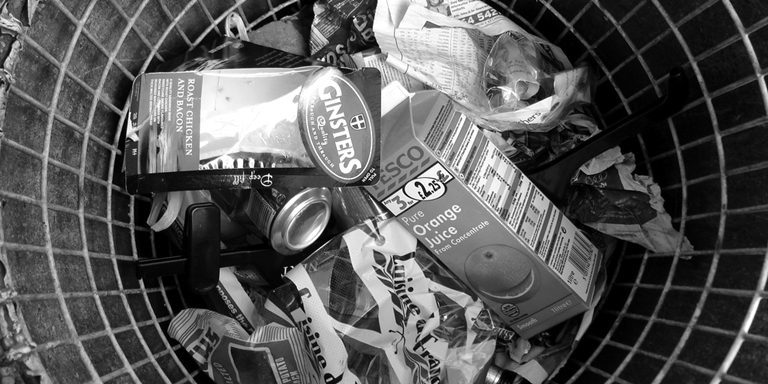The opposition leader on Perth and Kinross Council, Councillor Alexander Stewart, slated the local authority for “letting down” residents with the recent changes to the kerbside recycling scheme.
Perthshire residents have been angered by the decision to uplift only one brown-lidded bin per fortnight, as many in rural areas have at least two.
They have raised their concerns about the bins creating a potential health hazard, claiming the contents are already beginning to decompose and smell.
Mr Stewart said, “”The council said notices had been placed in local media and on the council’s official website, but it is quite obvious many residents were not aware of these changes.”
The council defended its decision not to send letters to the area’s 55,000 households, stating that it would incur “significant costs”. It is thought the long-term proposals for brown-lidded bin collections will be discussed in late November, when it is hoped a more permanent solution can be found.
However, this has failed to appease Mr Stewart, who said the discussions will be “cold comfort” to locals.
“Environment convener Councillor Alan Grant says these measures are interim for a few months while we develop a long-term solution to ensure we keep delivering an effective service to householders,” he added. “He hopes residents will understand the reasons for the temporary measures being introduced over the summer.
“This is of cold comfort to many residents across Perth and Kinross who feel badly let down by this council’s administration and, as one complaint has indicated, they pay a high council tax which, among other things, provides them with a refuse collection that is obviously not fit for purpose.”
A council spokeswoman advised residents to rotate their bins and gave assurances food and garden waste collections are handled “in line with health and safety regulations.”
She said, “We would also advise householders to keep their bin lids closed to keep out flies and other pests and reduce any odour. In relation to the uptake of extra brown bins, the council made an assessment based on available information and its expectations of residents’ interest.
“The increased uptake from the public and the significant rise in the amount of mixed food and garden waste collected has made it necessary to bring in the current short-term changes to collections during the summer months, when the greatest volumes of food and garden waste are produced.
“We would like to assure residents that we are working hard to develop long-term solutions and a report on proposed measures will be put to councillors in November.”
Image used under Creative Commons licence courtesy of Flickr user dogbomb.
